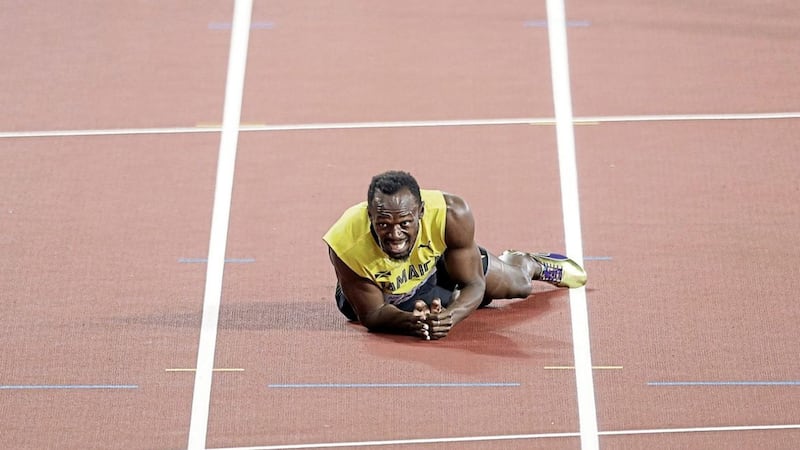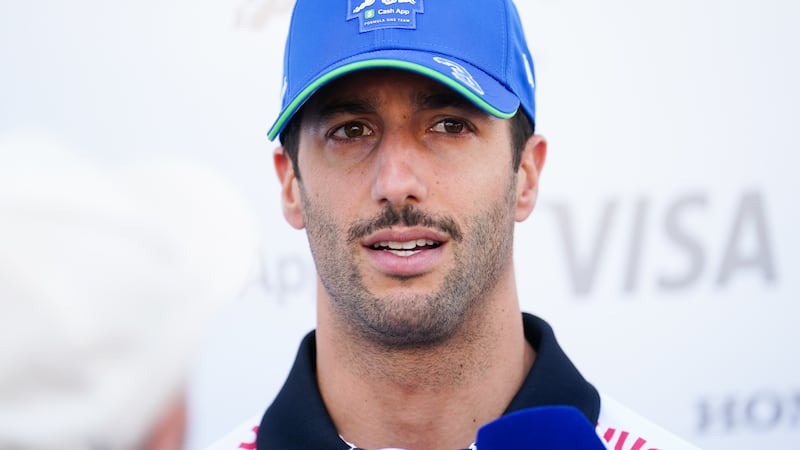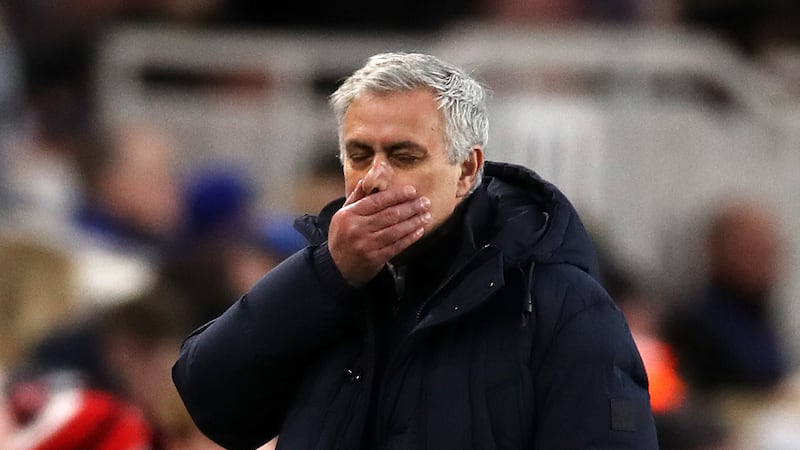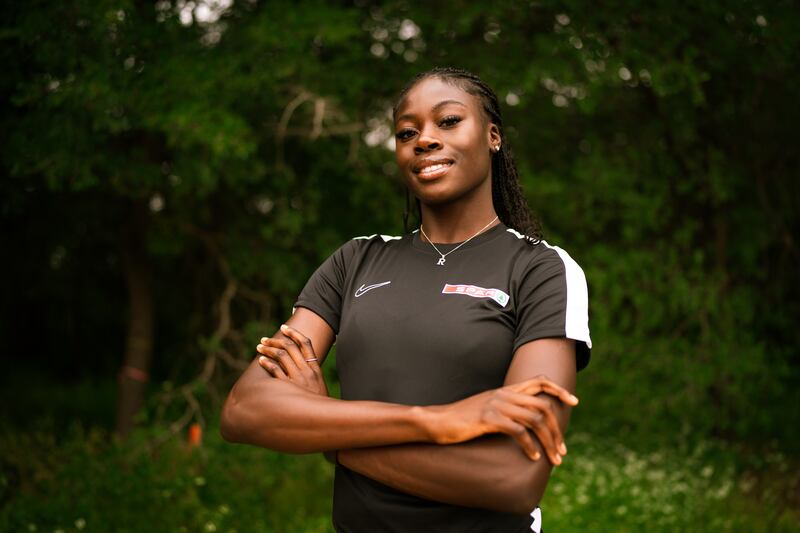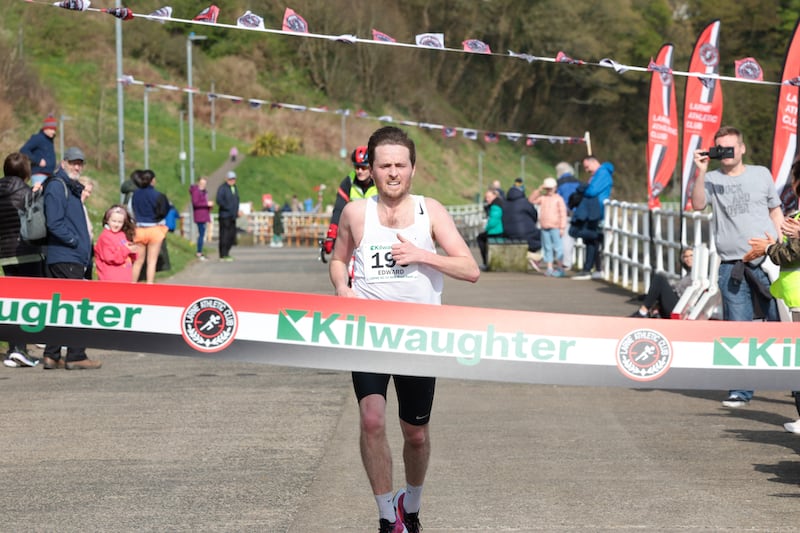WHAT a weird World Athletics Championships. Unexpected outcomes and seemingly well-rehearsed scripts torn up.
Disappointments and great excitement, it was strange at times but a success. This was the Worlds of 2017 that saw a change of guard and fresh hope.
The BBC came under fire for what was widely acknowledged as its abysmal coverage of the event.
The golden farewells of Mo Farah and Usain Bolt came unstuck, much to the chagrin of the BBC commentary team among others.
Justin Gatlin was unfairly booed when he dethroned Bolt in the 100m.
Worse was to come for the Jamaican legend when he pulled up injured on the final leg of the men’s sprint relay.
Farah was on course to go out with a golden double when he won the 10,000m. However, a solid team effort by the Ethiopians saw his undoing in the 5000m, with Muktar Edris outsprinting Farah to take the gold medal.
This did not stop the BBC commentary team obsessing with Bolt and Farah.
Steve Cram’s support for the booing of Justin Gatlin was reprehensible, more so given the cloud of suspicion that envelopes Farah. There was no mention of that. It was welcomed by almost all neutrals when Michael Johnson took Cram to task.
The BBC plan of spending a large percentage of airtime on debate in the studio also drew criticism from viewers, who would have preferred to see live action from the stadium.
Some even suggested the BBC approach could turn off viewers to the sport in the UK.
It was no surprise that the USA easily topped the medal table with 10 gold, 11 silver and nine bronze medals.
But it was, however, a surprise that the US did not dominate its traditionally strong events such as the men’s 200m and 400m.
Instead we saw an incredible
one-two in the women’s steeplechase, and medals in unlikely events like the men’s 5000m and women’s marathon.
Thirty-eight nations got on the medal table in London including Russia – aka the Authorised Neutral Athletes – who picked up six medals to finish ninth overall.
Great Britain made a late rush to finish sixth with two gold, three silvers and one bronze medal. This total was greatly helped by medals in all four relays, which fall under the responsibility at UK Athletics of Strabane man Stephen Maguire.
There were no medals for Ireland and the best performance was an eighth in the 50K walk by the 39-year-old Rob Heffernan, who has since retired.
In the points system based on top eight finishers, we were 64th alongside Moldova, although over 130 countries failed to have an athlete in a top eight spot.
Our swans appeared decidedly grey when compared with their rivals from other countries.
There were first round eliminations for Ciara Mageean, Siofra Cleirigh-Buttner and Mark English (right), while Thomas Barr was struck down by the norovirus outbreak.
There was a faint ray of light from Brian Gregan, who advanced to the semi-finals of the 400m.
The marathon runners did as well as could be expected and Heffernan’s eighth place was a fitting swansong to an incredible career for the former world champion and Olympic bronze medallist.
As for the other walkers, Brian Boyce did not even make it to the start line through a late injury and Alex Wright was disqualified.
Former World indoor champion Derval O’Rourke was one of
the few ex-athletes to admit there was a problem. Others, as well as respected journalists, wheeled out the usual defences – bad luck, unfortunate timing or drug-taking by the opposition.
The Cork woman was in
no mood for excuses. What
she described as “the
pink elephant in the room”,
was the lack of a professional coaching set-up and much improvement was needed from Athletics Ireland.
“We have a massive issue in coaching in Ireland,” O’Rourke told Newstalk.
“It’s the big pink elephant in the sport. We will pay a high performance manager a grand wage.
“We’ll pay the physios but we don’t pay coaches. We don’t have any coaches that that’s their job. You’re depending on volunteers to get athletes to a world class
stage and perform at a world class level.”
The failure, and it was nothing less, was compounded by
the glorious performances of
our Scottish cousins, who
popped up in finals all over the place.
Ignoring their contributions to the British relay successes, they scored 16 points, and had two fourth place finishes, which would have put them joint-26th in the points table.
There will be no school reports for the Irish athletes which is a pity because they would make interesting reading.
“Must try harder” would no doubt appear on more than few end of term assessments. As for the BBC commentary team, it would be “report to the headmaster’s office immediately.”
